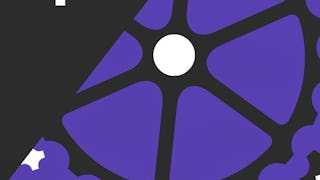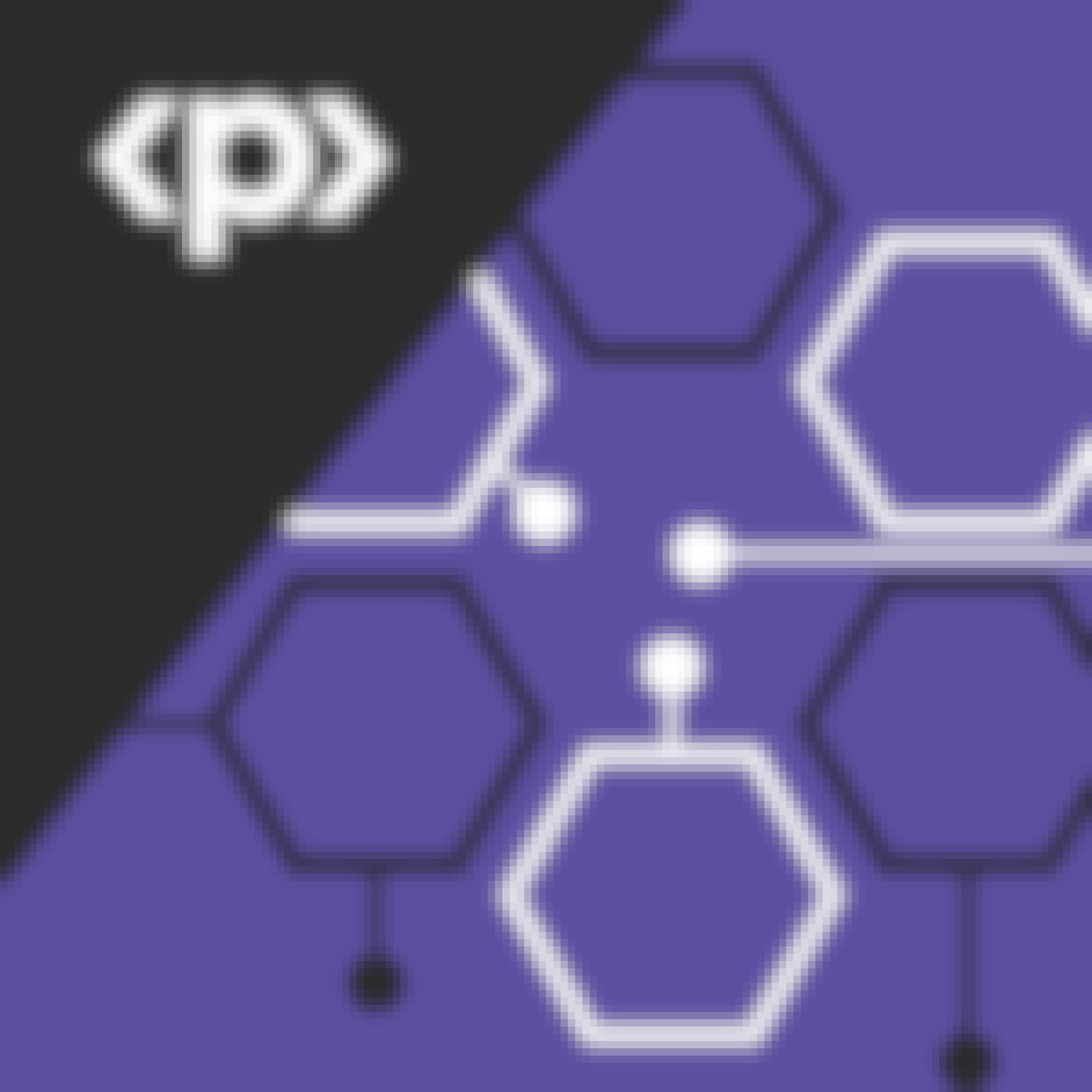Filter by
SubjectRequired
LanguageRequired
The language used throughout the course, in both instruction and assessments.
Learning ProductRequired
LevelRequired
DurationRequired
SkillsRequired
SubtitlesRequired
EducatorRequired
Explore the OAuth Course Catalog

Skills you'll gain: Restful API, Model View Controller, ASP.NET, OAuth, Web Development, Application Programming Interface (API), Web Services, Authentications, Unit Testing, C# (Programming Language), Web Applications, Application Security, Authorization (Computing), Software Testing, Data Access, Data Migration, Data Validation

Skills you'll gain: Ajax, Node.JS, Restful API, Server Side, API Design, Web Servers, Full-Stack Web Development, Authentications, Web Applications, Postman API Platform, Back-End Web Development, Web Development Tools, Front-End Web Development, Application Programming Interface (API), JSON, PHP (Scripting Language), JavaScript Frameworks, Web Development, Javascript, Application Security
 Status: New
Status: NewSkills you'll gain: Role-Based Access Control (RBAC), Azure Active Directory, Active Directory, Microsoft Azure, Authorization (Computing), Identity and Access Management, User Provisioning, Cloud Management, Data Storage Technologies, User Accounts, Cloud Security, Data Security, Data Access, Data Governance, Cloud Storage

Universidad Austral
Skills you'll gain: Server Side, Node.JS, Back-End Web Development, Restful API, Web Development, MongoDB, Application Deployment, OAuth, Web Servers, Web Applications, Authentications, Application Security, Object-Relational Mapping, NoSQL, Authorization (Computing)

University of Leeds
Skills you'll gain: Cryptographic Protocols, Cryptography, Encryption, Public Key Cryptography Standards (PKCS), Cybersecurity, Data Security
 Status: New
Status: NewSkills you'll gain: Open Web Application Security Project (OWASP), API Design, Application Programming Interface (API), Application Security, Secure Coding, Threat Modeling, Security Controls, Vulnerability Assessments, Authorization (Computing), Cryptography, Authentications, Server Side, Encryption
 Status: New
Status: NewBoard Infinity
Skills you'll gain: Responsive Web Design, Database Design, User Interface (UI) Design, API Design, Application Programming Interface (API), Restful API, User Interface and User Experience (UI/UX) Design, MongoDB, HTML and CSS, Javascript, Front-End Web Development, Web Design, GraphQL, React.js, Bootstrap (Front-End Framework), Postman API Platform, Performance Tuning, Authentications, Relational Databases, OAuth

Skills you'll gain: Git (Version Control System), Application Deployment, Restful API, Docker (Software), Database Management, Flask (Web Framework), Software Versioning, Object-Relational Mapping, Application Programming Interface (API), JSON, Authentications, Web Development, Programming Principles, Python Programming, Back-End Web Development, Object Oriented Programming (OOP), Secure Coding, Data Structures

Coursera Project Network
Skills you'll gain: Test Automation, Test Tools, Application Programming Interface (API), Test Case, Restful API, Software Testing, Configuration Management, Java Programming

Skills you'll gain: Computer Security Incident Management, Incident Management, Incident Response, Security Management, Threat Management, Security Strategy, Event Monitoring, Security Information and Event Management (SIEM), Continuous Monitoring, Enterprise Security, Cyber Operations, Information Technology Operations, Automation, Systems Integration

Coursera Project Network
Skills you'll gain: Application Programming Interface (API), Test Tools, Behavior-Driven Development, Test Automation

Duke University
Skills you'll gain: Flask (Web Framework), Web Applications, Package and Software Management, Debugging, Program Development, Development Environment, Python Programming
In summary, here are 10 of our most popular oauth courses
- Introduction to Modern Web Development with ASP.NET Core: EDUCBA
- AJAX Next Level: Authentication, Servers, Projects & More: Packt
- AZ-104: Managing Azure Identity, Governance, and Storage: Packt
- Desarrollo del lado servidor: NodeJS, Express y MongoDB: Universidad Austral
- An Introduction to Cryptography: University of Leeds
- A Detailed Guide to the OWASP Top 10: Packt
- End-to-End Web Development: UI, Databases, APIs: Board Infinity
- REST APIs with Flask and Python in 2024: Packt
- Building API Test Automation Framework Using Rest Assured: Coursera Project Network
- SOAR for Enterprise Security: Codio










